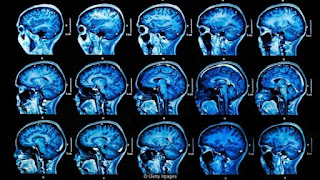Medications for Migraine
Migraines are often managed through a course of medication.
There are many different types of migraine medication, including painkillers. Painkillers should be taken early in the progress of a
migraine rather than allowing the headache to develop.
Over-the-counter (OTC) medications effective for treating
migraines include:
- naproxen
- ibuprofen
- acetaminophen
- Other painkillers, such as aspirin with caffeine and acetaminophen, can often stop the headache or reduce pain.
Drugs that treat nausea
Some people who experience migraines will need to take
medications that treat the accompanying symptoms.
Metoclopramide may be used to control certain symptoms, such
as nausea and vomiting. Serotonin agonists, such as sumatriptan, may also be
prescribed for severe migraines or for migraines that do not respond to OTC
medications. Selective serotonin reuptake inhibitors (SSRIs) and
antidepressants, such as tricyclics, are prescribed to reduce migraine symptoms, although they are not approved in all countries for this purpose.
Preventive medications
Migraine prevention begins with avoiding triggers. The main goals
of preventive therapies are to reduce the frequency, pain level, and duration
of migraine headaches and increase the effectiveness of other therapies.
There are several medications and supplements that help
prevent migraine attacks, including:
- antidepressants
- coenzyme Q10
- herbal extracts, such as feverfew
- magnesium citrate
- vitamin B-12 supplements
- riboflavin
It is worth noting that some people can experience a
medication overuse headache (MOH), or rebound headache. This can occur after
taking too many medications in an attempt to prevent migraine attacks.
#Alzheimer2018 is coming up with a session on #Migraine, submit your abstracts via: https://bit.ly/2HlLuhx to join at Madrid, Spain on December 03-04, 2018.




Comments
Post a Comment